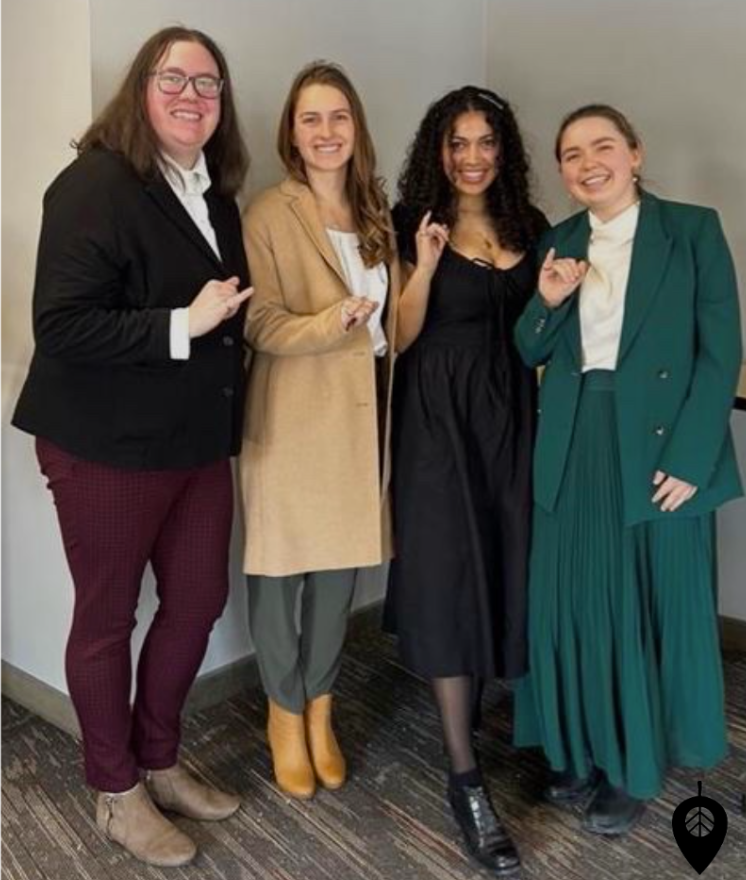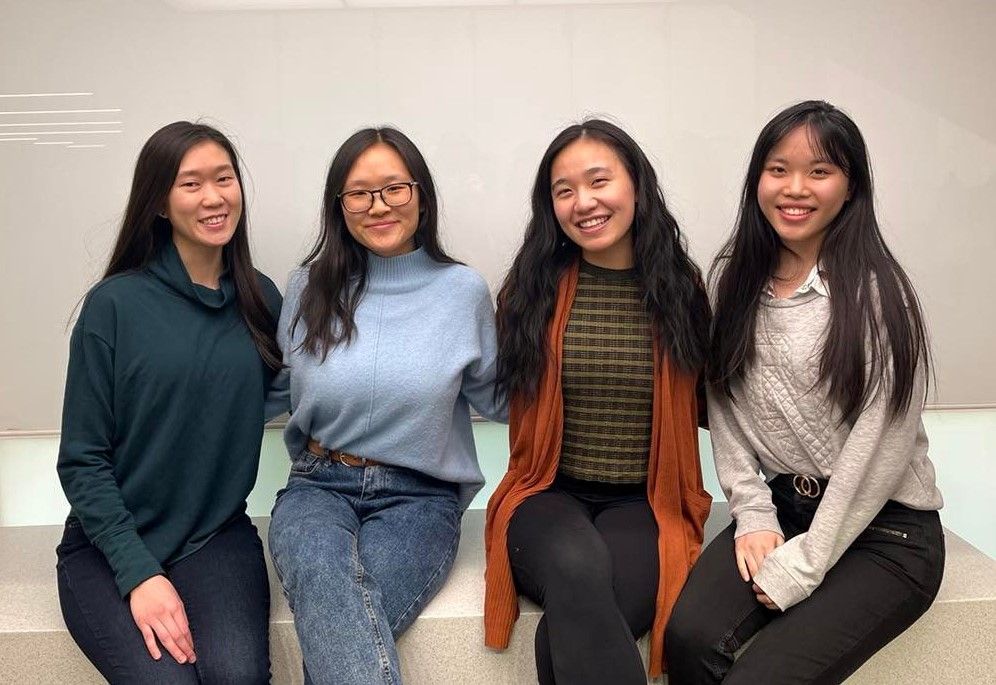CAPSTONE DESIGN PARTICIPANTS

Phoebe Howard, Alexandra (Allie) Landy, Mary McPhee, Arden White
SproutMap
1
SproutMap is a tool that allows community garden facilitators to assess the suitability of potential garden sites. The team began working in this problem space last September, while collaborating with United College’s GreenHouse and Smart Waterloo Region Innovation Lab. The index we are creating to assess site suitability will determine optimal locations to expand community garden networks, with a current focus on Waterloo Region. Our ultimate goal is to create a scalable decision support system that can be adapted for regions across Canada.

Bernadette Cheng, Jenna Wang, Jennifer Chen, Yzabelle Go
Breads
2
Our web application streamlines the course searching and planning process for the University of Waterloo undergraduate students. The interactive planner allows students to view past information about courses, check that they satisfy their graduation requirements, and visualize their schedule for the upcoming term. Our aim is to help guide students through their course selection process.

Carmen Lee, Glen Wu, Andy Zhao
LettuceGrow
3
Hydroponic gardens in university groups benefit members by providing opportunities to support local food communities and space for beginners to learn about garden maintenance. However, community gardens can be time-consuming to maintain due to busy scheduling and the gaps in knowledge transfer between incoming and expert members. LettuceGrow is a hydroponic garden monitoring system for students to more efficiently and easily maintain and access the most important attributes of their gardens.

Alex Cho

Nela Jankechova

Margaret Malton

Hannah Rivers
SecchEYE
4
Our final year design team aims to enhance the monitoring of lake health by automating Secchi disk measurements, a key metric for determining water clarity. Secchi measurements are used by the Paradise Lake Association in Wellesley, as well as many other water monitoring programs around the world. Our sensor assembly automates the measurement process, providing a more regular and less labour intensive solution. Regular monitoring is crucial for conserving the environment and measuring climate change effects. Our project aims to use Systems Design knowledge to make a positive impact on preserving our waterways and lakes.